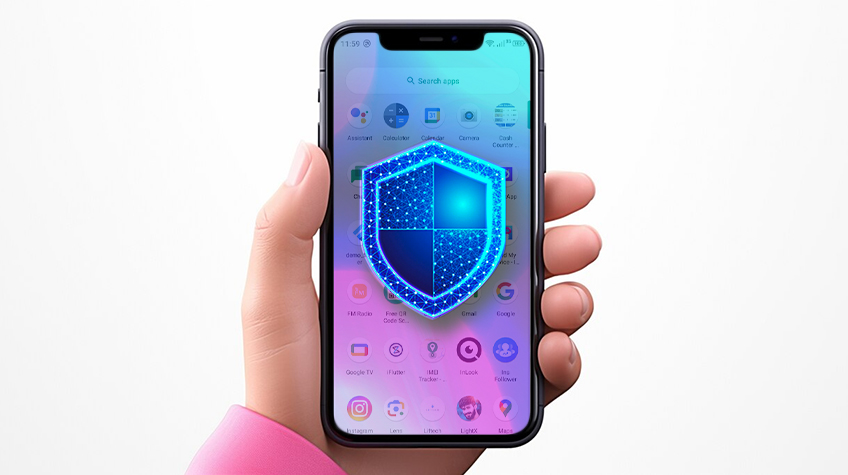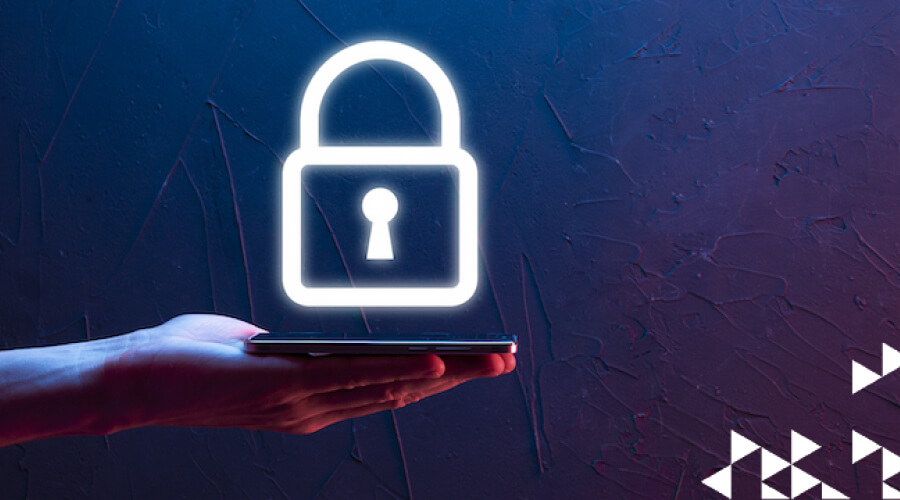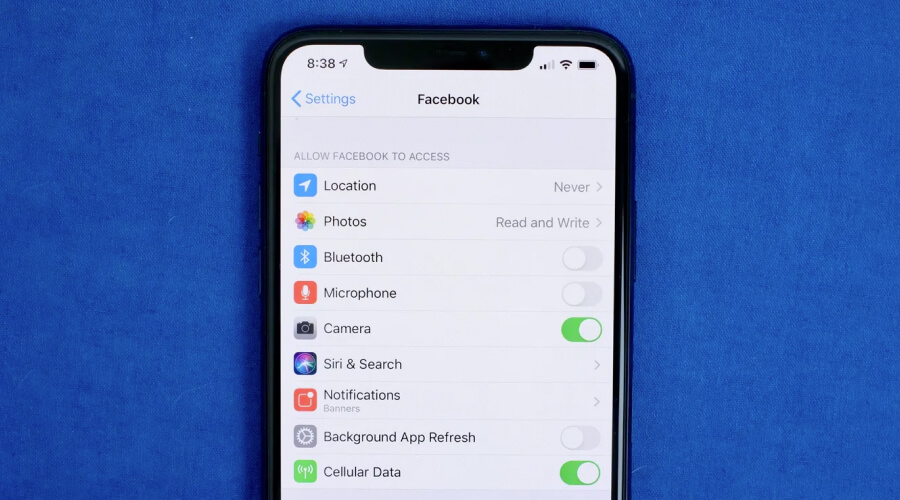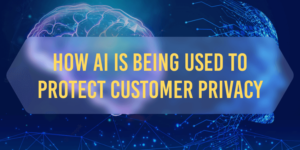
Introduction
Increasingly, our lives are intertwined with technology in today’s ever-changing digital landscape. This underscores the critical importance of user privacy in iOS app. It’s a concern that every user should be acutely aware of, and here’s why: Our personal and sensitive information now resides, gets shared, and is accessed through iOS apps.
This makes safeguarding our data security and privacy imperative. User privacy isn’t just a mere checkbox in an app’s settings; it’s the guardian of our digital identities, a fortress against potential data breaches, and a guarantee of personal autonomy in an interconnected world. This article delves into why users must prioritize data privacy and security.
Here is a guide for protecting your privacy in iOS Apps
➥ Understanding Your Rights
Understanding your rights in the digital realm is the key to protecting your privacy online. Every user, when engaging with iOS apps, possesses the fundamental right to informed consent and control over their data. Informed consent means you have the right to know what data an app collects, what it does with it, and who it shares it with.
You also have the right to control that data – deciding what you’re comfortable sharing and what you want to keep private. Knowing this empowers you to make informed decisions, ensuring your data remains your own and under your control. It’s your data; it’s your right.
➥ Transparency in App Permissions
Transparency in in-app permissions is crucial for keeping your privacy on iOS instruments. To navigate the complicated terrain of permissions:
- Start by understanding them.
- Review an app’s permissions before installing it – access to camera, location, contacts, and more.
- Ask yourself if these requests align with the app’s functionality.
- If not, consider adjusting permissions in your device settings.
- iOS allows you to grant or deny specific permissions for each app, offering granular control. Regularly review and alter permissions to protect your privacy. By actively managing app permissions, you ensure that your data is shared only when necessary, maintaining a crucial layer of control over your digital life.
➥ Privacy-Focused App Selection
Selecting iOS apps prioritizing user privacy is a proactive step in safeguarding your data. Start by checking app privacy policies and reviews. Look for apps that openly communicate their commitment to privacy in their policies. Read reviews from other users to achieve insights into their experiences with the app’s privacy practices.
Also Read: Chatbot Threats Against Privacy and Security
Consider opting for apps developed by reputable companies or those with a history of responsible data handling. Choosing apps with a track record of transparency and respect for user privacy goes a long way in ensuring your data remains secure and your privacy intact while enjoying the functionality you need.
➥ Protecting Personal Data

Safeguarding personal data on your iOS device is paramount. Start with strong passcodes, combining numbers, letters, and symbols for added security and utilizing biometric authentication, such as Face ID or Touch ID, for seamless yet robust access control. Regularly update your passcodes and biometric information, and enable device encryption for an additional layer of defense.
Be cautious with public Wi-Fi networks, and continuously enable your device’s firewall and VPN settings when connecting to the internet. By adopting these practices and downloading a VPN for iPhone, you not only protect your data but also fortify the digital fortress of your iOS device, ensuring that your sensitive information remains in trusted hands.
➥ Securing Online Activities
Securing your online activities is pivotal in the age of digital connectivity. Secure browsing and Wi-Fi usage are your first lines of defense. Ensure your browser uses HTTPS to encrypt data transmission, protecting against eavesdropping and data theft. When on public Wi-Fi, be cautious. Hackers often exploit unsecured networks.
Utilize a Virtual Private Network (VPN) to create a safe, encrypted tunnel for your internet traffic. VPNs shield your data from prying eyes, even on untrusted networks. Opt for secure Wi-Fi networks with solid passwords and WPA3 encryption. By prioritizing secure online practices, you maintain the confidentiality of your online interactions and sensitive data, minimizing the risk of privacy breaches.
➥ Privacy Settings in iOS

Understanding and customizing privacy settings on your iOS device is crucial for safeguarding your data. Begin by accessing the “Privacy” section in your device’s settings. Here, you can fine-tune app permissions, controlling which apps can access your location, contacts, camera, and more.
Explore the “Location Services” menu to set location preferences for individual apps, ensuring your whereabouts are only shared when necessary. The “Advertising” tab allows you to limit ad tracking. Additionally, you can enable or disable app analytics and personalized recommendations. By personalizing these settings, you gain greater control over your data, enhancing your overall data protection on iOS.
➥ Recognizing and Reporting Privacy Concerns
Recognizing and addressing privacy concerns is essential in the digital age. To identify potential privacy breaches, avoid unusual app behavior, excessive data requests, or unexpected access to your device’s features. If something appears suspicious, act swiftly. First, uninstall or disable the app in question.
Then, report your concerns to the app developer through the official app store channels. Many platforms have reporting mechanisms to alert developers to privacy issues. In more severe cases or if your concerns go unaddressed, consider contacting local authorities or data protection agencies. By staying vigilant and reporting privacy concerns, you contribute to a secure digital setting for all users.
Also Read: State Of Privacy Regulations for Android Mobile App
Conclusion
In the dynamic world of iOS apps, safeguarding your privacy isn’t just a luxury; it’s a necessity. From understanding your rights to selecting privacy-focused apps, securing personal data, and making the most of iOS privacy settings, this journey is one of empowerment and control.
By recognizing potential privacy concerns and reporting them when necessary, you not only protect your data but also contribute to the broader landscape of digital privacy. In this interconnected age, being an informed and proactive user means ensuring your digital life remains in your hands. Remember, your privacy is your right, and it’s worth trying to protect it.






